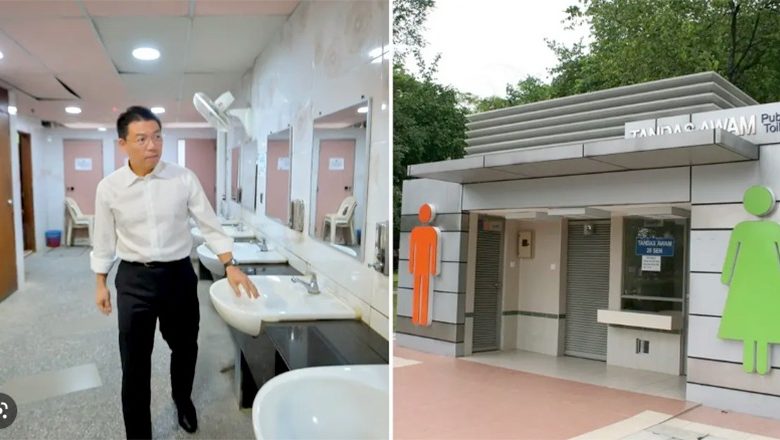Toilet cleanliness is a reflection of our society


By: Rosli Mansor
The problem of public toilet cleanliness has often been a hot topic of conversation lately when the issue was raised by the Minister of Housing and Local Government, Nga Kor Ming.
According to him, he wants public toilet cleanliness to be at the best level. He does not care if any party calls himself Minister of Toilets as long as he can solve issues that are close to the people’s hearts.
In the author’s opinion, the issue of toilet cleanliness is indeed serious because it involves use among foreign tourists.
We always criticise public toilets that are not well maintained. I have entered several restaurants that still do not prioritise toilet cleanliness. This is very embarrassing and disgusting.
If we go to some foreign countries such as Japan, the cleanliness of their toilets is at a very high level. A sense of responsibility towards noble values as well as self-awareness to preserve public rights and interests have been absorbed since childhood and become their practice.
The experience of using a public toilet in this country is not something to be proud of and is terrible for all of us.
Therefore, referring to Nga Kor Ming’s statement that food and beverage business premises that fail to obtain an A certificate for toilet cleanliness will not be allowed to renew their business licence starting next year is very accurate and supported by one hundred per cent.
According to him, the decision is in line with the principle of clean, attractive and fragrant public toilets (B.M.W) introduced by the government last January.
The matter will be implemented in three phases starting from the city level next year.
“We will have guidelines made by the Municipal Council. It is expected that 18,000 public toilets are also in line with the policy of the Ministry of Local Government Development (KPKT) within three years.
“We want to make sure this toilet is clean, attractive and fragrant in line with the B.M.W toilet KPKT policy. It will improve the country’s image in addition to safeguarding the welfare of the people, especially women.
Nga also insisted that the matter will be done in phases over three years with the cooperation of shopkeepers’ and hawkers’ associations.


